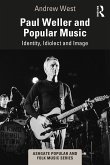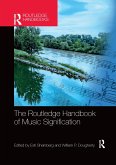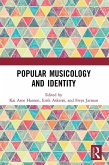Late nineteenth-century France was a nation undergoing an identity crisis: the uncertain infancy of the Third Republic and shifting alliances in the wake of the Franco-Prussian War forced France to interrogate the fundamental values and characteristics at the heart of its own national identity. Music was central to this national self-scrutiny. It comes as little surprise to us that Oriental fears, desires, and anxieties should be a fundamental part of this, but what has been overlooked to date is that Britain, too, provided a thinking space in the French musical world; it was often - surprisingly and paradoxically - represented through many of the same racialist terms and musical tropes as the Orient. However, at the same time, its shared history with France and the explosions of colonial rivalry between the two nations introduced an ever-present tension into this musical relationship. This book sheds light on this forgotten musical sphere through a rich variety of contemporary sources. It visits the café-concert and its tradition of 'Englishing up' with fake hair, mocking accents, and unflattering dances; it explores the reactions, both musical and physical, to British evangelical bands as they arrived in the streets of France and the colonies; it considers the French reception of, and fascination with, folk music from Ireland and Scotland; and it confronts the culture shock felt by French visitors to Britain as they witnessed British music-making for the first time. Throughout, it examines the ways in which this music allowed French society to grapple with the uncertainty of late nineteenth-century life, providing ordinary French citizens with a means of understanding and interrogating both the Franco-British relationship and French identity itself.
Bitte wählen Sie Ihr Anliegen aus.
Rechnungen
Retourenschein anfordern
Bestellstatus
Storno








